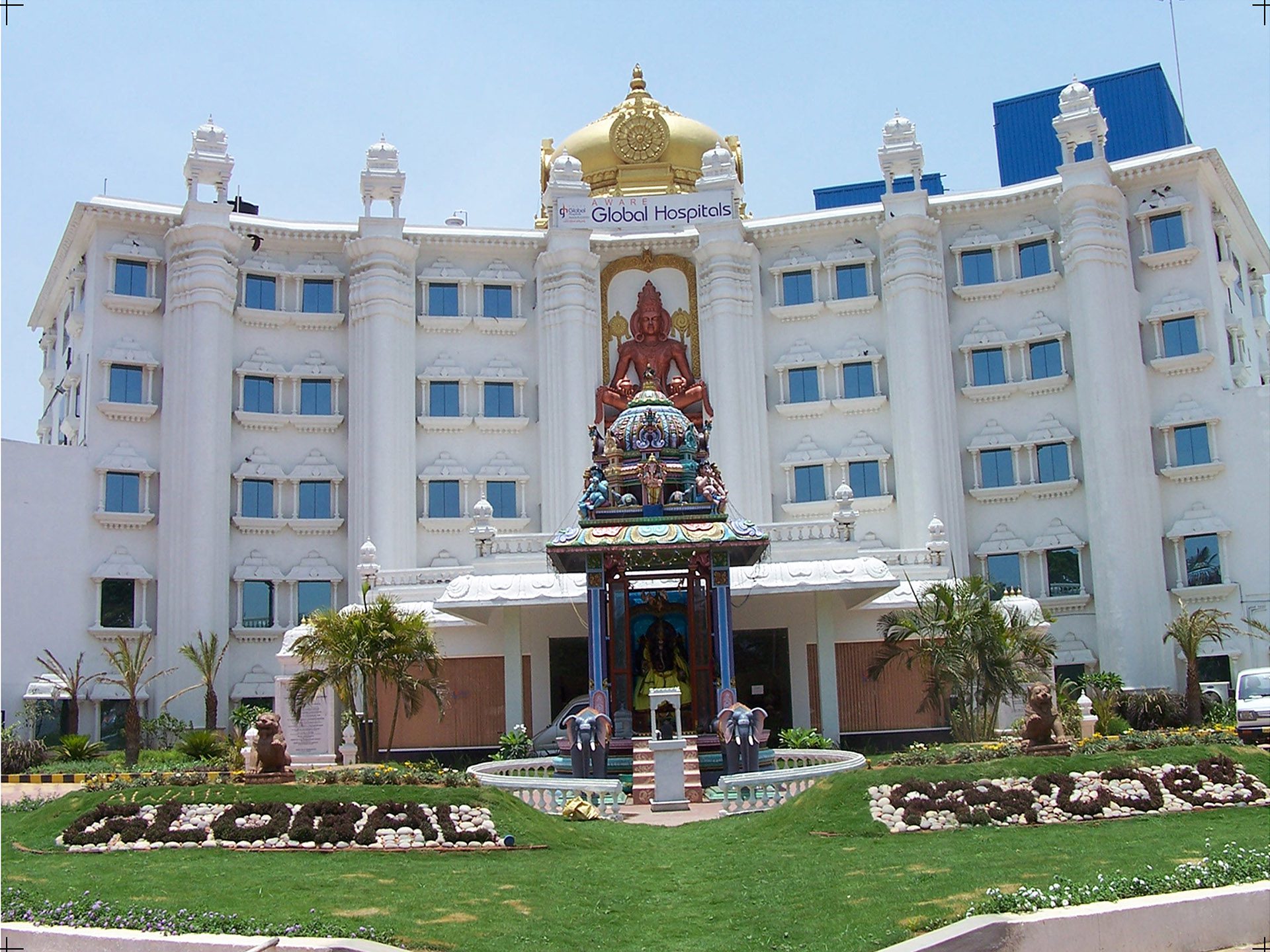All cancers are of distinct nature, respectively, characterized by their own manifestation and environment for development. Genomics or genetic testing is scientific study of human genes. This procedure is often done if the patient has inherited modified gene from a close relative. It makes it possible to assess chances of occuring oncology in such a patient. When examination, clear modifications in genes, chromosomes or proteins are revealed.
Introduction of genomics has enabled doctors to investigate the nature of high-risk patients and timely implement certain measures that can prevent the development of a malignant tumor. Now doctors understand exactly which neoplasms and how they will respond to therapy, and choose more effective therapy.
Benefits of genetic testing for cancer
Genetic-tests reveal if people are prone to such a disease and if it will develop at an older age. The analysis is prescribed for patients at high risk. Let’s get closer to advantages of genomics:
- prediction of cancer-disease risks at early age;
- helps the doctor to plan therapy correctly;
- reveals disposition of offspring to oncology.
It’s essential when a gene-mutation is inherited via family-line, people won’t always get cancer-disease. There are many things affecting the health of such a patient.
Who will benefit from genomics?
Scientists concluded that such testing should be carried out if a person has close relatives with one or another type of oncology. This category includes patients with too early development of oncology that is not characteristic of its type. If you received a tumor screening result indicating genetic-cause, or your relatives have positive genomics, it is also worth seeking examination.
How is gene testing done?
First, the doctor must assess the degree of risk of developing oncology. A small sample of tissues or liquid (blood, skin-cells, etc.) is sent to a special laboratory-premises for research.
After a few weeks, patients receive outcomes and go to genetic oncologists. Doctors give explanations about the analysis and prescribe treatment.
If a cancer-mutation is inherited, TP53-testing is required and prescribed for breast-cancer, soft-tissue sarcoma, and bone-cancer. For early cancer revealing, MSH2, MLH1, MSH6, PMS2, EPCAM tests are also carried out. Related cancer types are oncological pathologies of colon, ovaries, pancreas, brain and breast.
You should not try to understand the tests on your own, only a specialist will be able to qualitatively evaluate examination and give appropriate recommendations. A specialist may advise relatives to undergo genetic-testing to check for modifications in genes indicating a high-risk of occuring cancer.











